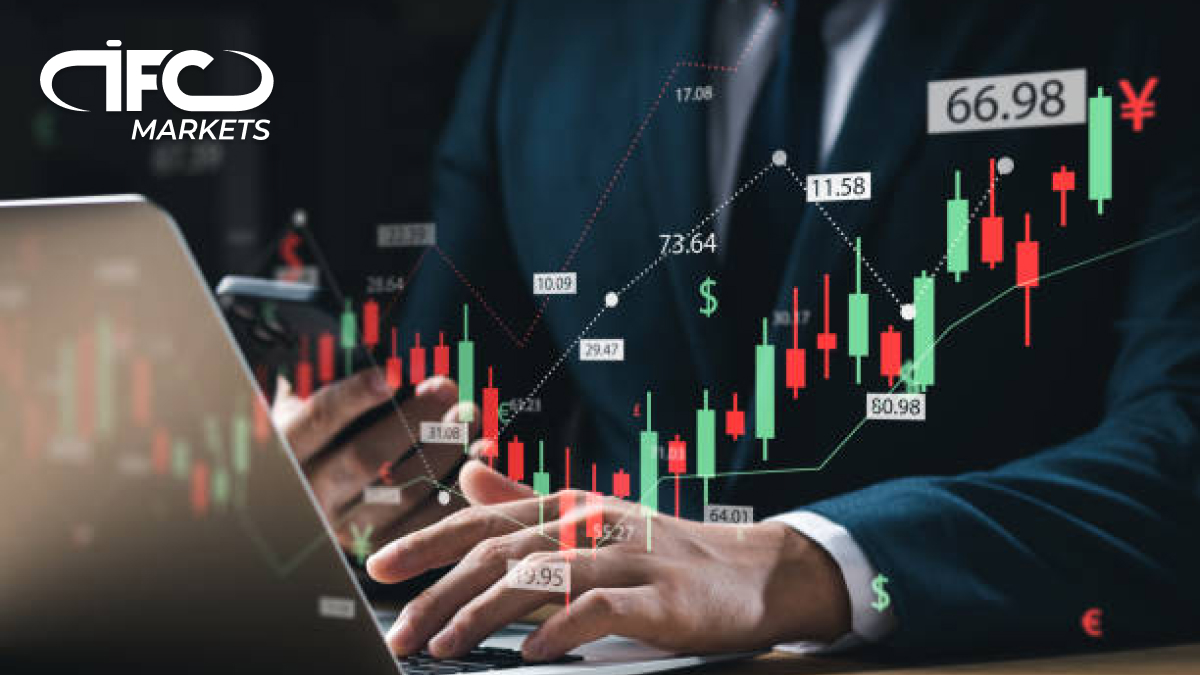- Education
- About Forex
- Forex Trading System
Forex Trading System - Forex Trading South Africa
In any business, a systematic approach is needed, especially in the Forex market. Without understanding what a forex trading system is, it is impossible to develop your own trading strategy, it is impossible to control your emotions. Quite often, rash decisions are made. This is no longer a job, but a game of chance.

So the trading system provides clarity, regularity and predictability of the result. For an enterprise, the basis of its development is a business plan, and for a trader, such a business plan is a trading system - the main tool in planning to make a profit.
So, what is a forex trading system? In short, this is a set of rules for opening and closing positions in a certain time interval based on individual financial capabilities and the direction of price movement.
The foundation of any trading strategy is a trading system.
KEY TAKEAWAYS
- The foundation of any trading strategy is a trading system.
- The trading system provides clarity, regularity and predictability of the result.
- Forex trading system is a set of rules for opening and closing positions in a certain time interval based on individual financial capabilities and the direction of price movement.
- When choosing a system, the most important criterion is that it must correspond to the psychotype of a person.
What is Forex Trading System
Forex trading is a strictly rules-based approach to trading. You can read more about trading in our article "What is Forex trading and how does it work". The trader first chooses a general strategy or style to follow, and then determines the Forex trading signals and inputs that should push the trade. Once a trade is identified, everything that follows is determined by the forex trading system.
Depending on the system, this may simply mean where to set stops and when to take profits, or it may be more complex and involve follow-up actions – for example, an investor who is long in Company X stock may not be sure about the future losses, so he can follow up by buying a put option on the stock, which will minimize losses in the event of an economic downturn.
Automated vs Manual Trading System
Automated trading is when a pre-programmed algorithm will make all decisions about what to buy and sell and when, based on the instructions written in its code. Traders can program their manual strategy so that when certain rules or events occur, the algorithm will automatically open trades.
For example, a Forex day trader may hire a programmer to convert their manual trading strategy into an automated trading strategy. After some testing, they may realize that the terms are too loose or too strict. After an optimization period, a trader can be satisfied with his algorithm and test it using a demo account.
This is a marked difference from those who believe that their manual trading rules will work in an automated trading system. Successful automated traders are constantly testing, optimizing, and slowly evolving their systems.
And one of the most popular automated and manual trading platforms is MetaTrader. So you can download MetaTrader and explore all its features for trading multiple asset classes.
Manual trading is when a trader decides when to buy or sell an asset, he places a deal using market or pending orders. A manual trader may also look at several markets first to find an opportunity before deciding to act. Basically, most of the work is done by the trader, which means that his output is only as good as his contribution.
Forex day traders, for example, will spend the morning looking through a list of different currency pairs to find combinations of technical trading events using indicators and other types of analysis. Traders can then either place a buy or sell order themselves, or create a watchlist and set up alerts to notify them when the price of an asset reaches a price level at which they are considering buying or selling.
Some traders can also manage trades themselves - moving stop loss and take profit levels as the market moves with them. In manual trading, the whole wait is laying on the trader who must make all the decisions and act.
Finally, let's compare these two methods and see which forex trading system is preferable.
| Pros | Cons | |
|---|---|---|
| Manual Traders |
|
|
| Auto Trader |
|
|
Classification of Trading Systems
Trading systems can be classified in different ways. For example, according to the method of analysis used by a trader, there are systems based on technical or fundamental analysis, as well as combined ones, in which techniques of both directions are applied. They can be different in terms of the degree of formalization of tasks and rules, the level of automation.
Trading systems can be classified by
- Indicators - This approach has an advantage because the decision-making is not influenced by the human factor. These systems are based on technical analysis indicators. Indicators are a mathematical calculation based on the volume or price of an asset. The most famous indicators are support and resistance levels, Bollinger (to search for entry points), Stochastic (to confirm a signal). The main purpose of using the indicator is to open/close a position in time to stay in plus.
- Patterns - For more experienced market participants, pattern-based systems are suitable - these are formations of graphical analysis figures, including combinations of Japanese candlesticks. Which requires great knowledge in the field of trading and intuition, which is the result of experience. A trader can see complex patterns on the chart and correctly interpret them as signals to open or close a position.
- Combined - This trading system is characterized by the use of tools from other types. In this case, indicators that help determine the direction of the trend, and patterns that give a signal to open/close a deal. This type can be considered universal, because it will be easier for beginners to master it too.
Bottom line on Forex Trading System
We believe that when choosing a system, the most important criterion is that it must correspond to the psychotype of a person, his temperament (for example, not everyone has the patience for long-term trading). Lifestyle must also be taken into account - some strategies require more time to be devoted to them, others can be combined with the main job if there was high-speed Internet. It must be remembered that in the market you always have to make decisions quickly and clearly, so the entire set of rules should be aimed at this.
FAQs
How does Forex Work?
Forex (Foreign Exchange) is a huge network of currency traders, who sell and buy currencies at determined prices, and this kind of transfer requires converting the currency of one country to another. Forex trading is performed electronically over-the-counter (OTC), which means the FX market is decentralized and all trades are conducted via computer networks.
What is Forex Market?
The Forex market is the largest and most traded market in the world. Its average daily turnover amounted to $6,6 trillion in 2019 ($1.9 trillion in 2004). Forex is based on free currency conversion, which means there is no government interference in exchange operations.
What is Forex Trading?
Forex trading is the process of buying and selling currencies at agreed prices. Most currency conversion operations are carried out for profit.
What is The Best Forex Trading Platform?
IFC Markets offers 3 trading platforms: MetaTrader4, MetaTrader5, NetTradeX. MT 4 Forex trading platform is one of the most downloaded platforms which is available on PC, iOS, Mac OS and Android. It has different indicators necessary for making accurate technical analysis. NetTradeX is another trading platform offered by IFC Markets and designed for CFD and Forex trading. NTTX is known for its user-friendly interface, reliability, valuable tools for technical analysis, distinguished functionality and the opportunity to create Personal Composite Instruments (PCI) which is available specifically on NetTradeX.

